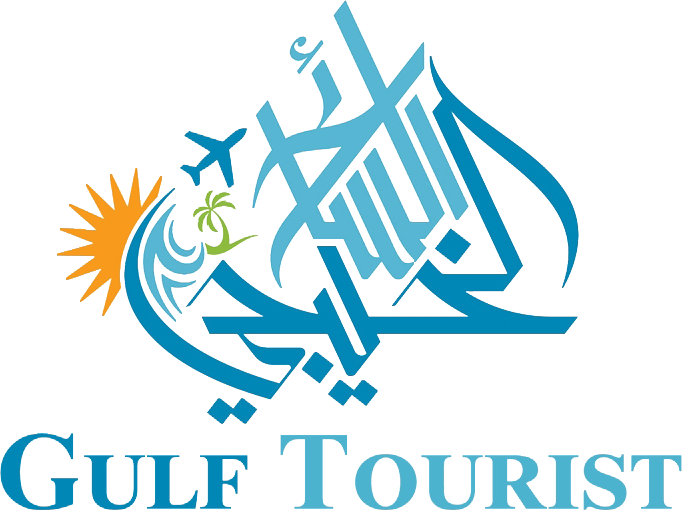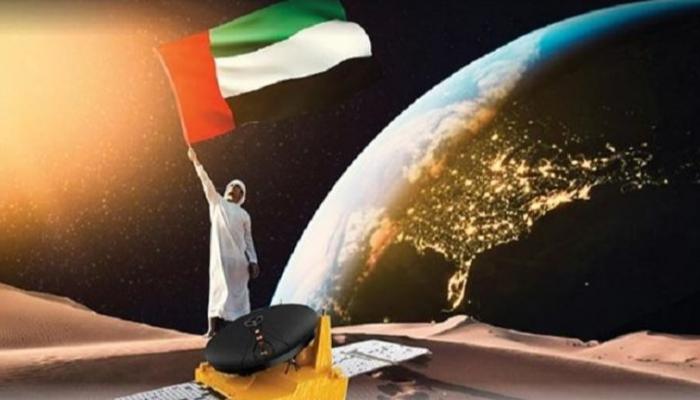On the 52nd National Day, the UAE achieved significant milestones, solidifying its global leadership in the space industry and exploration. Space has become a key priority in the country’s future development plans. The most notable success was the completion of the first long-duration space mission, lasting 186 days.
The space sector represents the UAE’s vision for the future, where knowledge serves as the foundation for investing in human capabilities, building a sustainable knowledge-based economy, enhancing developmental progress, and addressing challenges through innovative solutions. The country aims to explore opportunities, develop new sectors, and contribute to national wealth.
Highlighting key projects in space exploration, the UAE has become a role model for other nations. The interest in space began in the 1970s when the founding leader, Sheikh Zayed bin Sultan Al Nahyan, met with a team from NASA. This encounter set the stage for the UAE’s commitment to space exploration.
A historic moment for the UAE occurred on September 4, 2023, when Sultan Al Neyadi returned to Earth after completing the longest mission by Arab astronauts in space, lasting 186 days aboard the “Dragon” spacecraft with the “Crew 6” team. Al Neyadi conducted over 200 scientific experiments in collaboration with international space agencies and UAE universities, covering areas such as plant cultivation, human sciences, space exploration technologies, fluid dynamics, material science, and crystal production.
One of the significant achievements was Al Neyadi’s participation in the first-ever Arab spacewalk, lasting 7 hours and 1 minute, making the UAE the tenth country globally to execute a spacewalk outside the International Space Station.
Al Neyadi’s mission enriched knowledge in the space sector, fostering societal engagement through the “Space Talks” series, which attracted over 10,000 participants. Additionally, there were 12 visual communications and 7 wireless communications organized by the Mohammed bin Rashid Space Centre to promote space culture and education, inspiring the next generation of scientists and researchers.
The Asteroid Belt Exploration Project, launched in late May 2023, is a monumental 13-year scientific national project. It includes 6 years for development and 7 years for the exploration journey. The UAE spacecraft, MBR Explorer 5, will travel over 5 billion kilometers, surpassing Mars, to explore 7 asteroids and land on the last one, “Justitia,” in 2034.
Sheikh Mohammed bin Rashid Al Maktoum, Vice President and Prime Minister of the UAE and Ruler of Dubai, described the project as a massive national scientific endeavor that will involve establishing Emirati space technology companies, creating a ground control center for deep-space missions, operating the mission, and training new Emirati talents in the sector.
This project marks the first-ever mission to study and collect data about 7 asteroids in the main asteroid belt. The explorer, named “MBR Explorer,” will launch within a 3-week window starting in March 2028, representing a groundbreaking achievement in space exploration.
In October 2023, the initial design of the Asteroid Belt Exploration Project was revealed after completing two project phases. The third phase involves the initial design of the mission, followed by the detailed design phase. The project brings together a national team of institutions, entities, companies, and engineers to execute this ambitious undertaking.
Achieving Success
In 2006, the Mohammed bin Rashid Space Centre was established, marking the first step in the UAE’s journey towards space exploration success. Subsequently, in 2014, the UAE Space Agency was created by Federal Law No. 1.
The UAE initiated its journey into satellite technology in October 2000 with the launch of “Thuraya-1,” followed by “Thuraya-2” in 2003 and “Thuraya-3” in 2008. The upcoming launch of “Thuraya-4” is expected in the last quarter of 2023.
In 2009, the UAE launched “DubaiSat-1,” followed by “YaS1” in 2011 and “YaS2” in 2012. In November 2013, the successful launch of “DubaiSat-2” occurred, with Emirati engineers contributing to 70% of the design and manufacturing. “Nayif-1,” launched in February 2017, was the first nanometric satellite designed for educational purposes. “YaS3,” launched in January 2018, was the first satellite with hybrid electric propulsion capabilities, providing space communication services.
In October 2018, the historic launch of “KhalifaSat” took place, representing the first satellite manufactured and developed 100% by Emirati engineers at the Mohammed bin Rashid Space Centre.
In September 2020, the UAE Space Agency launched the environmental satellite “MeznSat,” manufactured in collaboration with young national talents from Khalifa University and the American University of Ras Al Khaimah. In February 2021, “DMSat-1,” the first nanometric satellite made in the UAE, was launched, followed by the launch of “DhabiSat” in March 2021.
The team of astronauts includes four Emiratis, with Hazzaa AlMansoori and Sultan AlNeyadi representing the first batch of the UAE Astronaut Program. In September 2019, AlMansoori made history as the first Arab to undertake a space mission to the International Space Station (ISS). The second batch includes Mohammed AlMulla and Nora AlMatrooshi, with AlMatrooshi expected to graduate from NASA’s advanced training program in early 2024.
Interplanetary Missions:
In 2014, the UAE announced the Mars exploration mission known as the “Hope Probe,” launched in July 2020. It arrived in Mars’ orbit in February 2021, making the UAE the first Arab and the fifth globally to reach Mars. The probe provided 9 scientific data packages, totaling 3.3 terabytes, a global first, and its mission was extended to continue providing images and observations of Mars’ moon, “Deimos.”
The Mohammed bin Rashid Space Centre leads the Mars 2117 program, aiming to establish the first human colony on Mars. The first mission of the “Sirius 21” program, simulating space conditions on Earth, was conducted by Saleh AlAmeri in July 2022.
Commercial Services:
The UAE rapidly became a prominent member of the global commercial space services sector. The country offers diverse services worldwide, including ground channel services, satellite tracking, remote sensing, and operations command. Additionally, it provides state-of-the-art products in geological and remote sensing sciences, integrated solutions for Earth monitoring through its satellite fleet, utilizing artificial intelligence and big data analysis.
“Sarab” and “COPUOS”:
In July 2022, the UAE launched the national radar satellite program “Sarab” to develop a constellation of radar satellites, a pioneering program in the Arab space sector. The UAE also announced the establishment of a specialized strategic fund worth AED 3 billion to support the space sector.
In June 2022, the UAE won the presidency of the United Nations Committee on the Peaceful Uses of Outer Space (COPUOS), a significant achievement demonstrating the country’s leadership in space policy.
A New Moon Mission:
In April 2023, Sheikh Mohammed bin Rashid Al Maktoum announced a new mission for the Mohammed bin Rashid Space Centre to explore the moon, named “Rashid 2.” This followed the first attempt to reach the moon with the “Rashid” explorer, despite the unsuccessful landing of the vehicle carrying the explorer.
Sheikh Mohammed emphasized that the UAE is a nation founded on ambition and will continue moving forward, with no small goals for itself. The upcoming endeavors promise to be even more beautiful, greater, and bolder, with the UAE remaining determined to achieve its aspirations.
The Most Advanced Satellite:
In mid-2024, the UAE will launch MBZ-Sat, the second satellite entirely developed by a team of Emirati engineers at the Mohammed bin Rashid Space Centre. This satellite is poised to be the most advanced in the region for high-resolution space imaging

